6 Power Foods That Boost Dopamine Levels
Add these foods in your diet and enhance your dopamine level naturally.
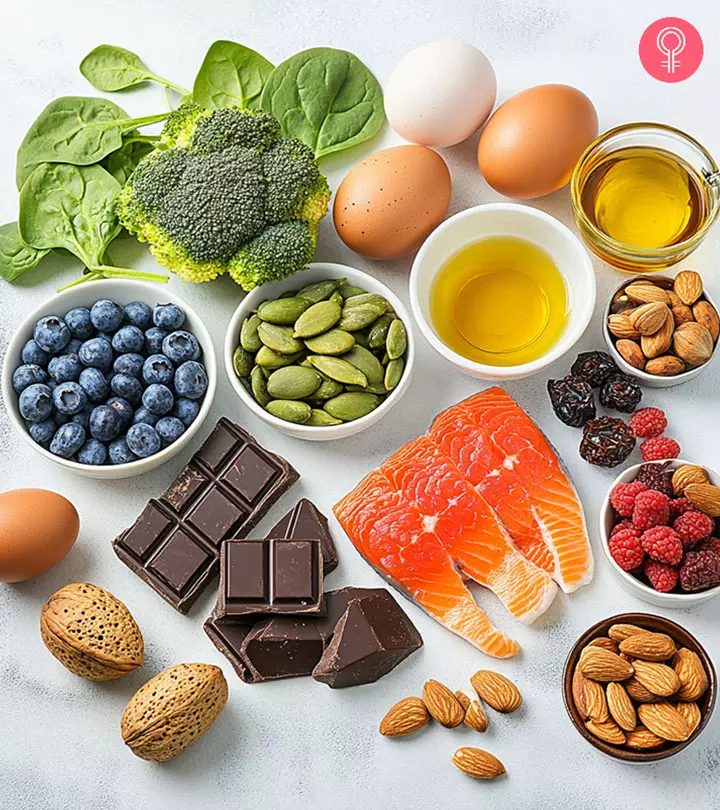
Image: Midjourney/ StyleCraze Design Team
Dopamine is a feel-good hormone that plays a key role in your brain health. It acts as a neurotransmitter (a chemical released by neurons to send signals to other nerve cells). Low dopamine can make you feel sad and less motivated. But there is a natural way to boost it—food! There are many dopamine foods benefits, as they can enhance your health in many ways. Certain foods can enhance dopamine levels and can improve your mood and overall mental well-being. But what is the science behind dopamine? What foods should you include in your diet? This article explores the foods that enhance dopamine levels, the side effects of dopamine excess consumption, and problems you may face with dopamine deficiency. Keep reading.
 Trivia
TriviaDopamine is the most commonly used stimulant drug to get a pulse in cardiac arrest or slow heart rate conditions.
In This Article
What Role Does Dopamine Play?

Dopamine is released by the dopaminergic neurons located in the midbrain. These neurons, though few in number, play an important role in mood, addiction, reward, and stress (1).
Dopamine also plays a role in learning, working memory, motivation, and decision-making. It controls movement too – and its deficiency may be one of the causes of Parkinson’s disease, schizophreniai A chronic mental disorder that impairs a person's ability to think, feel, and behave and may result in delusions and hallucinations. , and attention deficit hyperactivity disorder (2).
The anticipation of a reward increases brain dopamine levels. Many addictive drugs also increase its release from the neurons. This is one reason most addicts have a hard time quitting drugs.
Hence, dopamine plays a critical function in brain health. But how can you increase dopamine levels naturally? Well, the best way is to eat foods that boost dopamine levels.
 Quick Tip
Quick TipKey Takeaways
- Dopamine plays a key role in addiction, mood, your ability to learn, memorize, and make decisions.
- Dairy products, nuts, omega-3 fatty acids, dark chocolates, fruits and vegetables, and coffee can increase dopamine levels.
- Excess dopamine levels may cause paranoia, impulsive behaviors, infertility, and other side effects.
- A deficiency may lead to Parkinson’s disease, schizophrenia, attention deficit hyperactivity disorder, and others.
Which Foods Boost Dopamine Levels?
1. Dairy Products

These include everyday foods like cheese, milk, and yogurt. Cheese contains tyraminei A naturally occurring amino acid that aids in blood pressure control and is found in foods like salami and some cheeses. , which is converted into dopamine in the human body (3). Foods containing probiotics, like yogurt, also boost dopamine levels (4).
2. Nuts
Nuts rich in vitamin B6 help as this vitamin helps your brain produce dopamine
(5). Walnuts and hazelnuts are good sources of vitamin B6. Walnuts also contain DHA, an omega-3 fatty acid, which is responsible for the modulation of dopamine concentrations (6). A diet rich in omega-3 can support brain health and reduce inflammation, contributing to a well-rounded wellness plan. However, you may also explore more foods high in omega-3 to add diversity to your diet and reap wholesome health benefits. Walnuts and almonds are good sources of folate, which also helps produce dopamine (7).
3. Omega-3 Fatty Acids
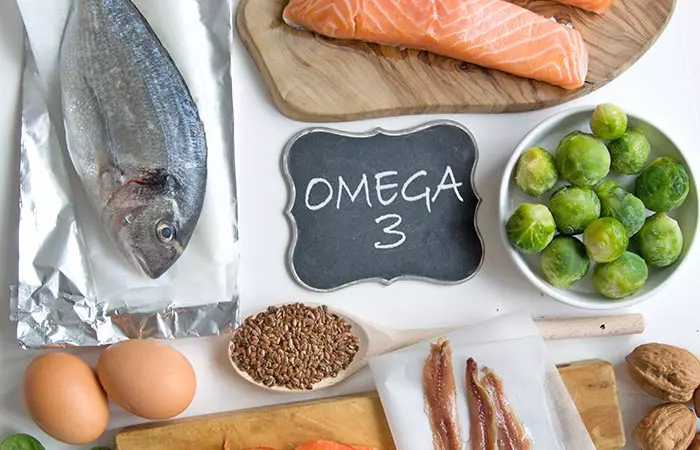
In rat studies, omega-3 fatty acids were found to normalize dopamine levels and reduce the development of anxiety-like behaviors (8).
In another study, oral fish oil treatment was found to restore dopamine release after traumatic brain injury (9).
Foods rich in omega-3 include fatty fish, such as salmon and tuna, and other foods, such as walnuts and chia seeds.
4. Dark Chocolate
Studies show that chocolate may interact with a number of neurotransmitters, including dopamine. Dopamine is released after eating dark chocolate and imparts a pleasurable sensory experience (10).
5. Fruits And Vegetables
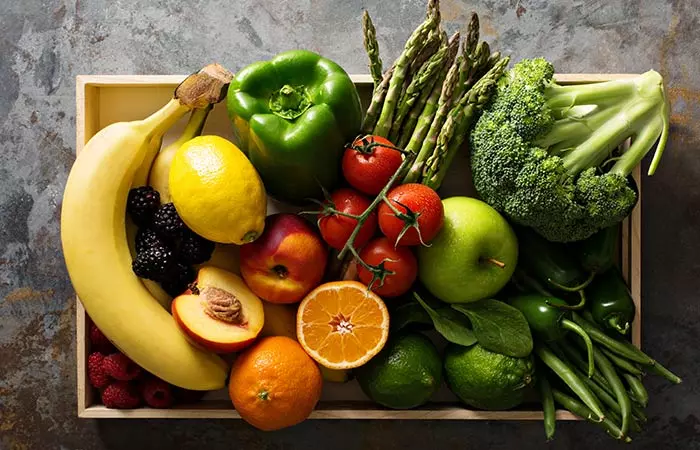
In a study, rats supplemented with strawberry and spinach showed a significant enhancement in dopamine release. The study suggests that in addition to the antioxidants, the other nutrients in fruits and veggies may also contribute to dopamine release (11).
Even bananas were found to have high levels of dopamine – more so in the peel and pulp. Avocados and velvet beans also contain dopamine. Other fruits and veggies containing dopamine include oranges, apples, peas, tomatoes, and aubergines (12).
6. Coffee
Like most other wake-promoting drugs, the caffeine in coffee enhances dopamine signaling in the brain (13). Caffeine’s main targets in the brain are the adenosine (a brain chemical that dampens brain activity) receptors. It works on these receptors and sets off a chain of events, which eventually affects dopamine levels and lights up the areas of the brain associated with pleasure and thinking (14).
These top foods boost your dopamine levels. But did you know that dopamine is often associated with happiness? Learn more about it in the next section.
Does Dopamine Make You Happy?
Dopamine, known as the “feel-good” neurotransmitter, plays a significant role in the brain’s reward system, motivation, and pleasure. Dopamine is released in the brain to create a sense of reward and satisfaction when we perform certain pleasurable activities like eating, socializing, or achieving goals. Research suggests that positive feelings and moods are associated with increased levels of dopamine and serotonin (15).
So, technically, while dopamine does not directly induce happiness, it contributes to positive feelings. Imbalances of dopamine may cause mental health conditions like depression and addiction. While dopamine contributes to positive emotions, happiness is influenced by a combination of neurotransmitters, hormones, genetics, and environmental factors.
Exercise is a fantastic way to boost your mood. When you move, your brain releases dopamine. This can help you feel happier and more energized. So, whether you love a brisk walk, a jog, or dancing, get moving and let your dopamine levels rise. In the next section, read about lifestyle changes that can help enhance dopamine levels.
Lifestyle Changes To Enhance Dopamine
- Regular physical activity is a natural dopamine booster. Find an activity you enjoy and make it a part of your routine.
- Aim for 7-9 hours of quality sleep each night.
- Meditation and mindfulness techniques can help reduce stress and anxiety, which can positively impact dopamine production.
- Find healthy ways to manage stress, such as sitting in nature, practicing relaxation techniques, such as yoga, meditation, etc., or engaging in hobbies.
- Limit alcohol consumption as it can impair dopamine function and lead to mood disorders.
However, remember that too much of it can put you into an overdrive. In the next section, let’s have a closer look to understand the effects of excess dopamine.
What Are The Effects Of Excess Dopamine?

Excess dopamine levels in the system can lead to paranoia and withdrawal from social situations. They can even lead to overly intense and impulsive behaviors.
Dopamine also plays a role in inhibiting prolactin (a hormone) secretion by the pituitary gland – which may otherwise cause menstrual disorders and infertility (16). Excess dopamine may not be able to effectively inhibit prolactin, leading to these issues.
But worry not – dopamine overdose is likely to happen only if you take the hormone intravenously (which is often the case with individuals who are deficient in dopamine).
The normal dopamine ranges are 0 to 30 pg/mL (picograms per milliliter).
What if your dopamine levels go below these ranges? Well, that causes problems too.
What Are The Effects Of Dopamine Deficiency?
Dopamine deficiency is linked to certain mental disorders, though they are not found to cause the condition directly. Some of these mental disorders include Parkinson’s diseasei A condition that worsens with time and affects both the neurological system and different body parts, affecting movement. , depression, schizophrenia, and psychosisi Mental disorders (like schizophrenia and bipolar disorder) where people lose the sense of reality. .
Following are the symptoms of dopamine deficiency: (17)
| Physical Issues | Personality Issues | Memory Issues | Attention Issues |
|---|---|---|---|
| Anemia Balance problems Blood sugar instability Bone density loss Carbohydrate binges Digestive problems Food cravings High blood pressure Kidney problems Low sex drive Muscle cramps or tremors Obesity Thyroid disorders Trouble swallowing | Aggression Anger Depression Hopelessness Inability to handle stress Isolating oneself Mood swings Procrastination Self-destructive thoughts | Distractibility Failure to listen and follow instructions Forgetfulness Poor abstract thinking Slow processing speed | Attention deficit disorder Decreased alertness Hyperactivity Impulse behavior Poor concentration |
Infographic: Top 5 Dopamine Boosting Foods
Boost your mood the natural and healthy way by incorporating a few foods into your daily diet. Certain delectable delights are replete with vitamins and minerals that can raise dopamine levels in the brain. In the infographic below, we have listed 5 such foods you can indulge in to enhance your mood. Take a look.

Illustration: StyleCraze Design Team
Dopamine is a feel-good hormone that acts as a neurotransmitter. It plays a key role in brain functioning. You can increase dopamine levels naturally by consuming foods rich in the hormone. These foods include dairy products, nuts, omega-3 fats, dark chocolate, fruits and vegetables, and coffee. However, excess dopamine levels may lead to overly intense and impulsive behaviors. Hence, consume it in the recommended dosage levels to avoid adverse reactions. Overall, the article emphasizes the importance of maintaining a balanced diet to support healthy brain function and promote mental health.
What do you think about this article? Any suggestions? Do let us know by leaving a comment in the box below.
Frequently Asked Questions
Does vitamin D increase dopamine?
No. Nevertheless, vitamin D serves as a protective agent and helps prevent inflammation and oxidative stress that may occur in the dopamine-releasing areas of the brain (18).
Does alcohol release dopamine?
Yes. Alcohol can increase dopamine release even at low doses, which may explain the effect of alcohol dependence in some individuals (19).
Does peanut butter increase dopamine?
Yes. Research has shown that peanut butter acts as a dopamine-rewarding food in mice (20).
Illustration: Power Foods That Boost Dopamine Levels
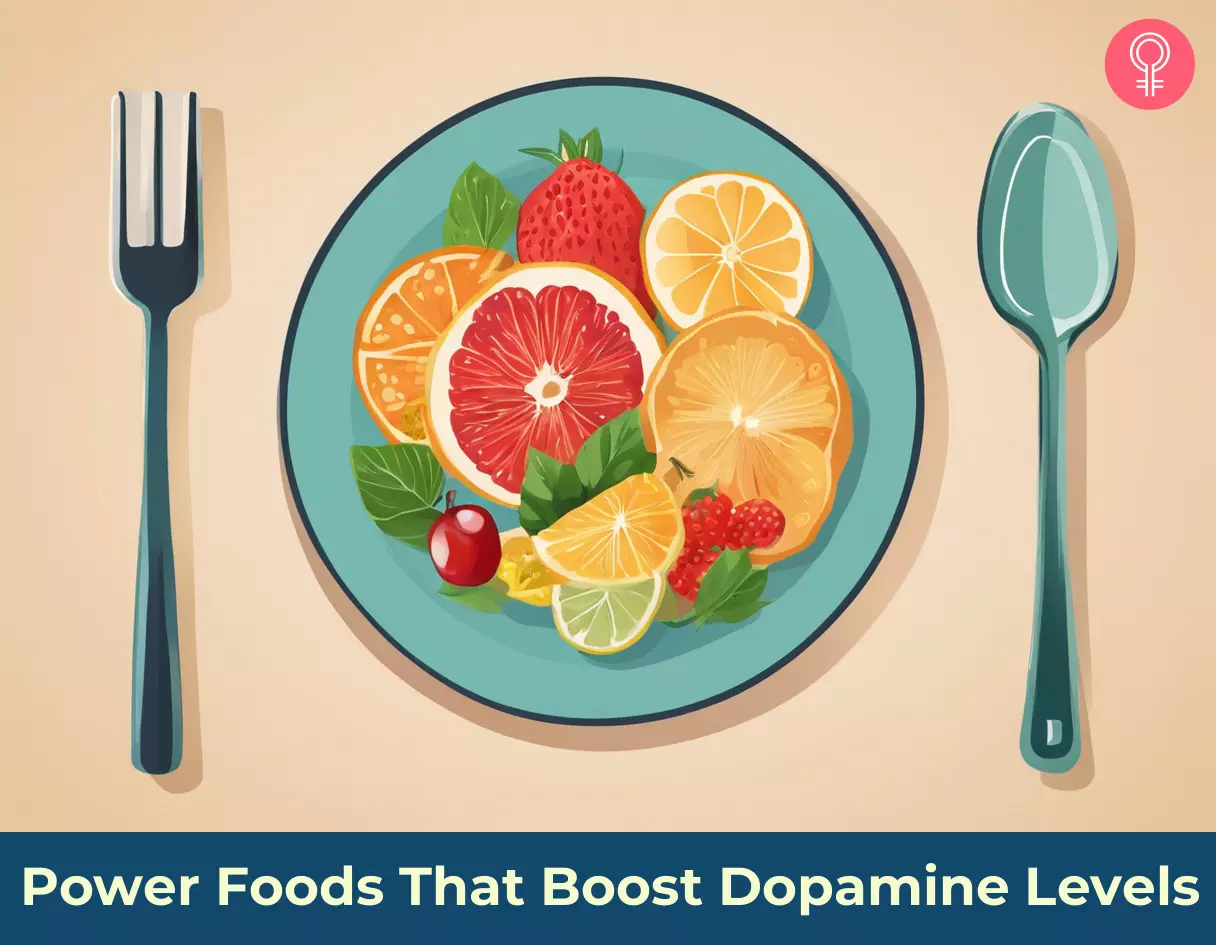
Image: Stable Diffusion/StyleCraze Design Team
Discover the top 5 natural foods that can help boost dopamine levels in your brain! Add them to your daily diet and increase your dopamine levels without medication. Click on this video to learn more!
References
Articles on StyleCraze are backed by verified information from peer-reviewed and academic research papers, reputed organizations, research institutions, and medical associations to ensure accuracy and relevance. Read our editorial policy to learn more.
- “Dopaminergic neurons” The International Journal of Biochemistry & Cell Biology, US National Library of Medicine.
- “Dopamine: the rewarding years” British Journal of Pharmacology, US National Library of Medicine.
- “Dopamine formation from tyramine…” Biochemical and Biophysical Research Communications, US National Library of Medicine.
- “There’s a scientific reason some people are…” The University of Michigan.
- “Effect of vitamin B6 nutrition on the levels…” Neurochemical Research, US National Library of Medicine.
- “Effects of walnut consumption on…” Nutrients, US National Library of Medicine.
- “10 foods that fight stress” Mass Public Health Blog.
- “Omega-3 polyunsaturated fatty acids in...” Clinical Psychopharmacology and Neuroscience, US National Library of Medicine.
- “Oral fish oil restores striatal dopamine…” Neuroscience Letters, US National Library of Medicine.
- “Mood state effects of chocolate” Journal of Affective Disorders.
- “Effect of fruits, vegetables…” The Journals of Gerontology, US National Library of Medicine.
- “Dietary neurotransmitters…” Nutrients, US National Library of Medicine.
- “Caffeine increases striatal dopamine...” Translational Psychiatry, US National Library of Medicine.
- “What is it about coffee?” Harvard Medical School.
- “Happiness & Health: The Biological Factors….” Iranian Journal Of Public Health, US National Library of Medicine.
- “Prolactin and dopamine…” Journal of psychopharmacology, US National Library of Medicine.
- “The Edge Effect: Revolutionary brain-mind-body science”. NutriNews, Braverman, Eric (2005).
- “Vitamin D protects dopaminergic neurons against neuroinflammation and oxidative stress in hemiparkinsonian rats”. Journal of Neuroinflammation.
- “Alcohol and Dopamine”. Alcohol Health Res World.
- “Ghrelin increases intake of rewarding food in rodents”. Addiction Biology.
Read full bio of Elisa Olivier-Nielsen
Read full bio of Ravi Teja Tadimalla
Read full bio of Arshiya Syeda
Read full bio of Sindhu Koganti







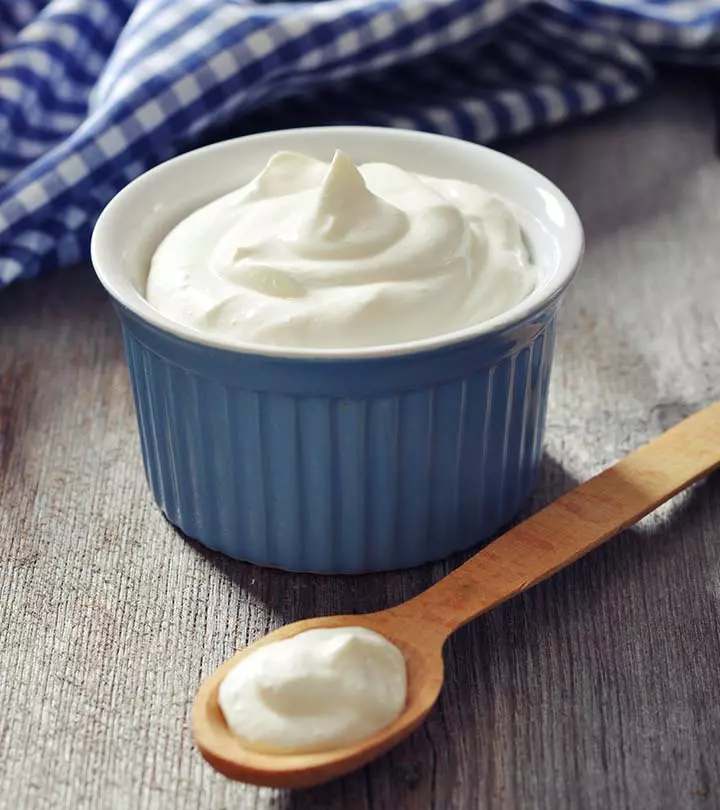
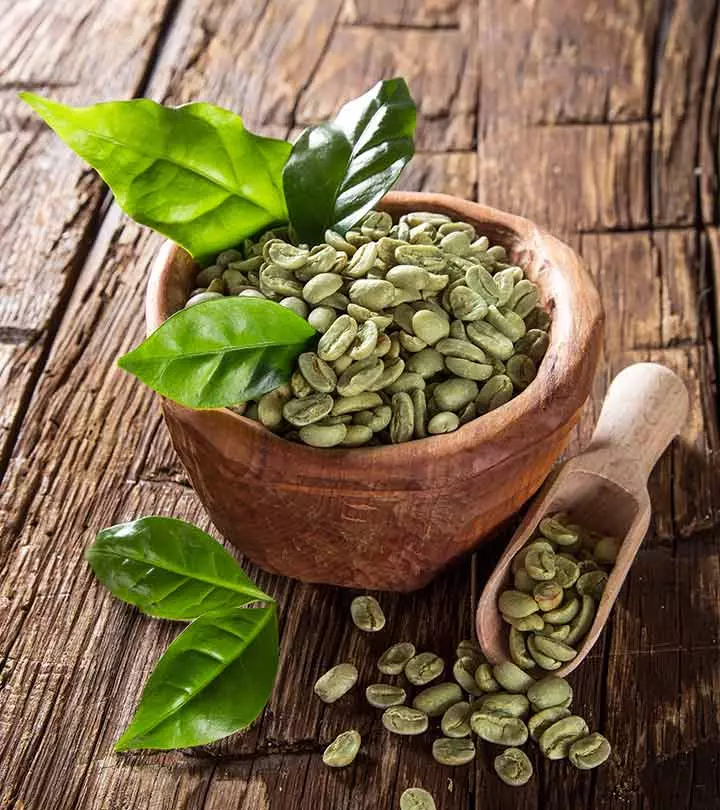
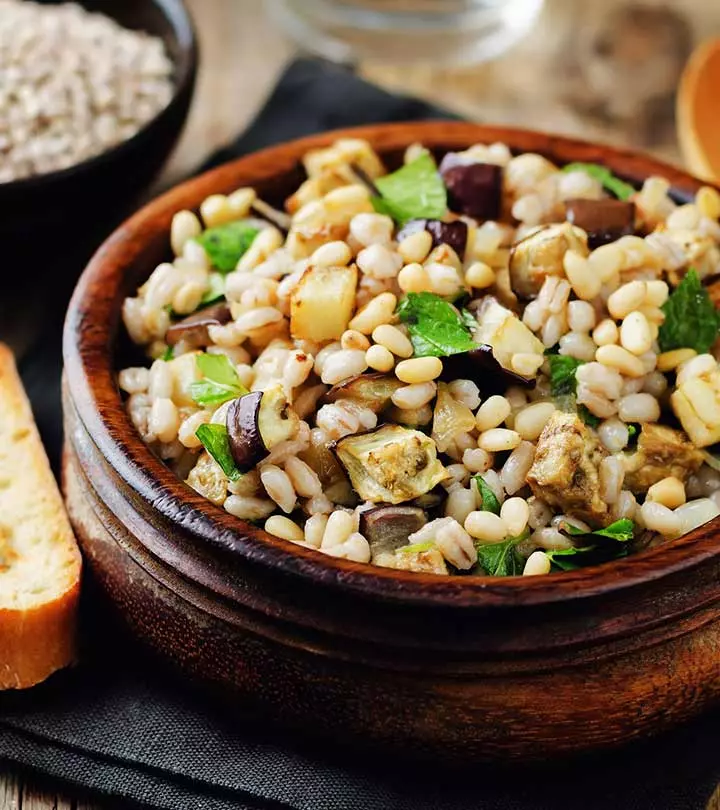
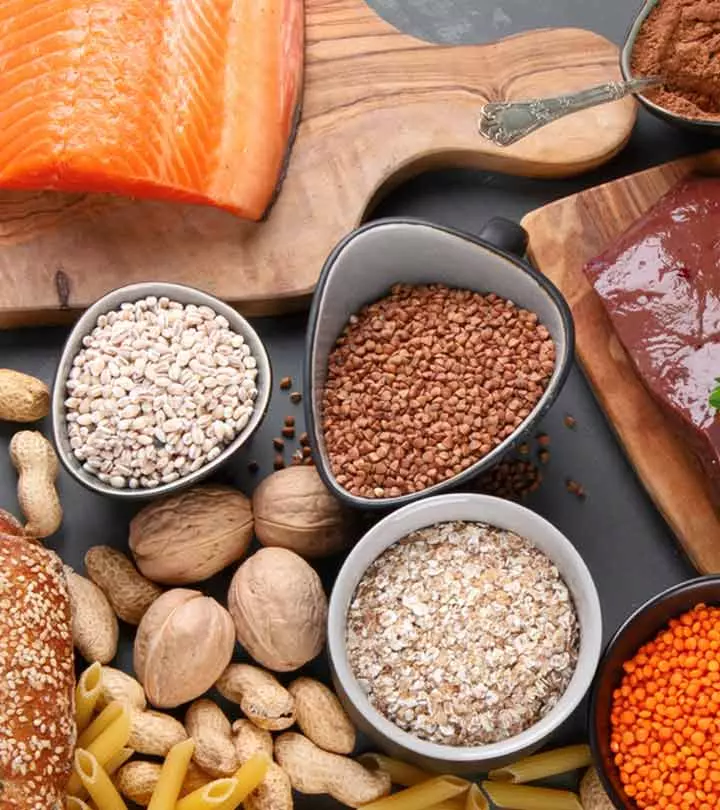
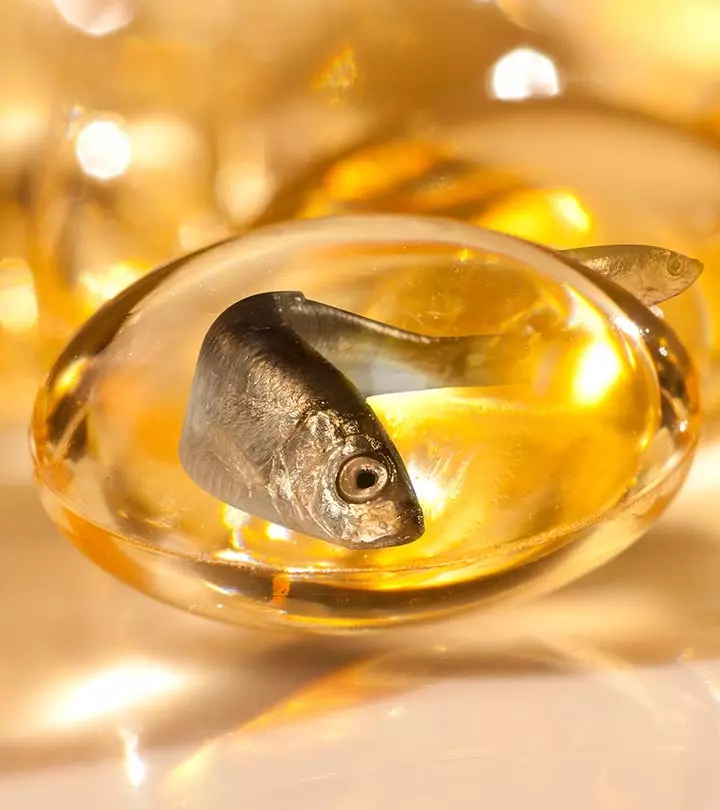

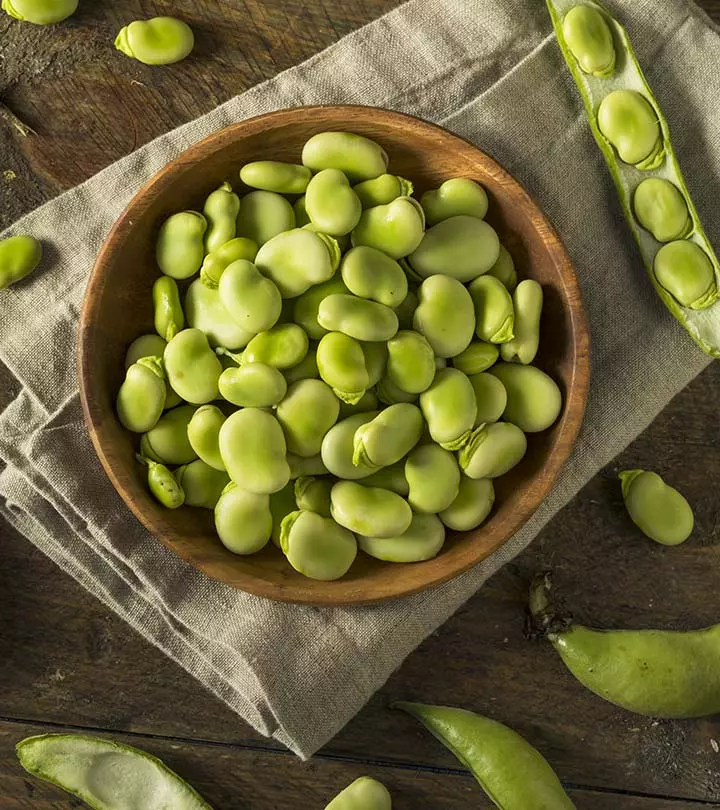
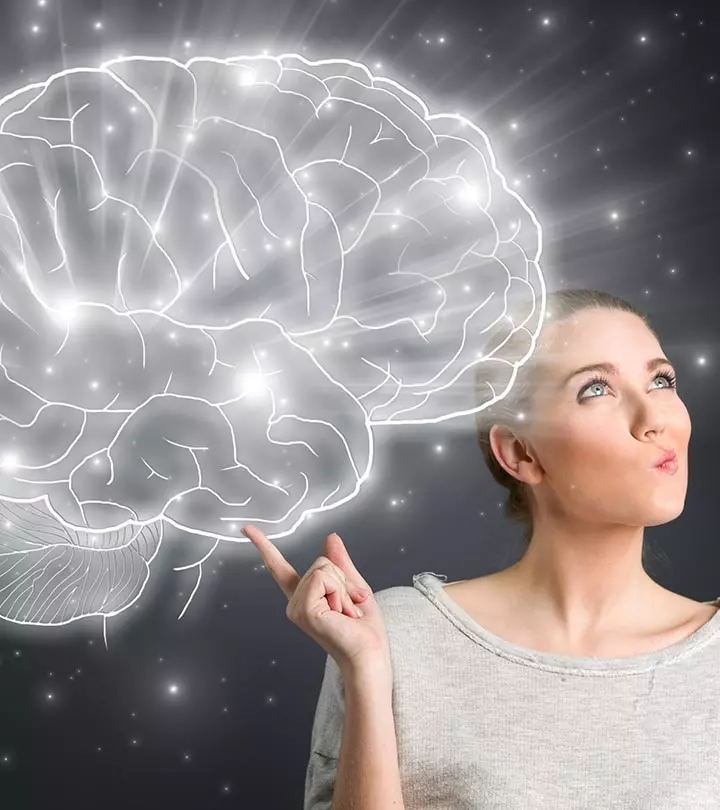
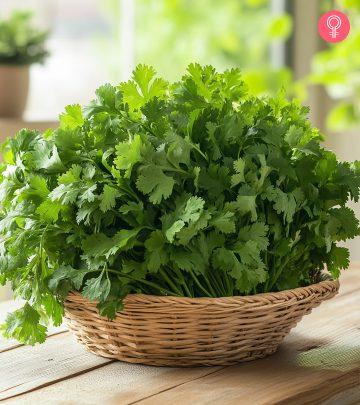
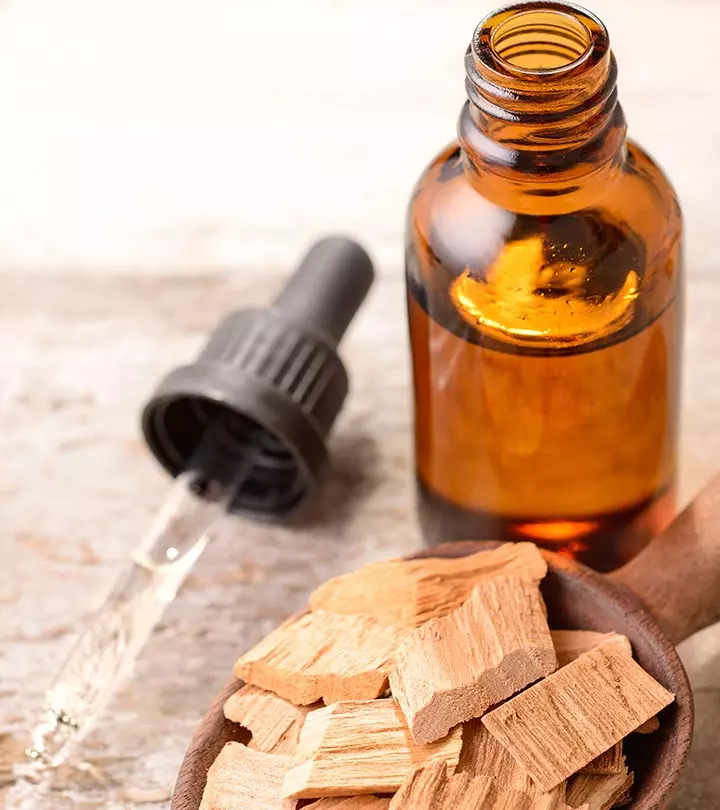
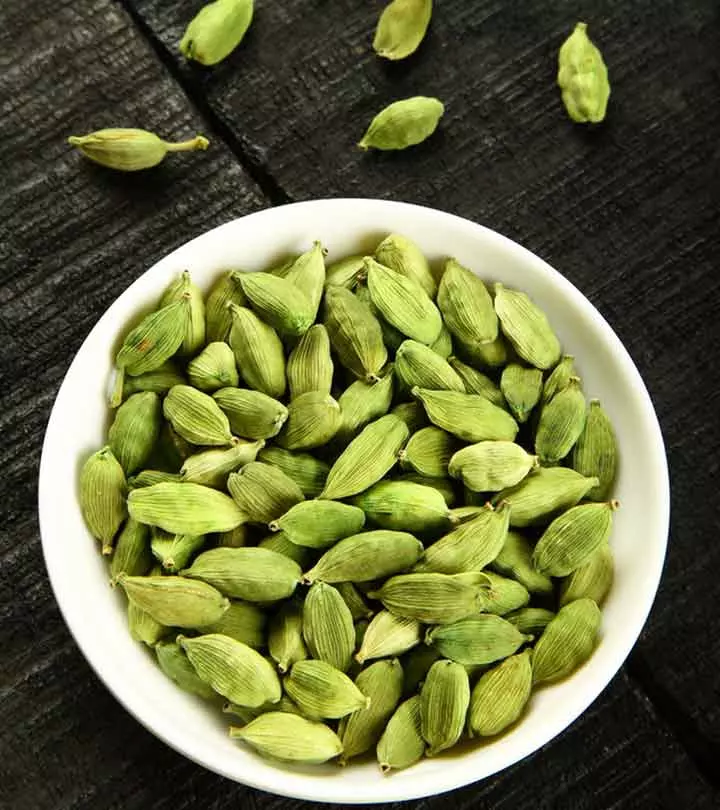
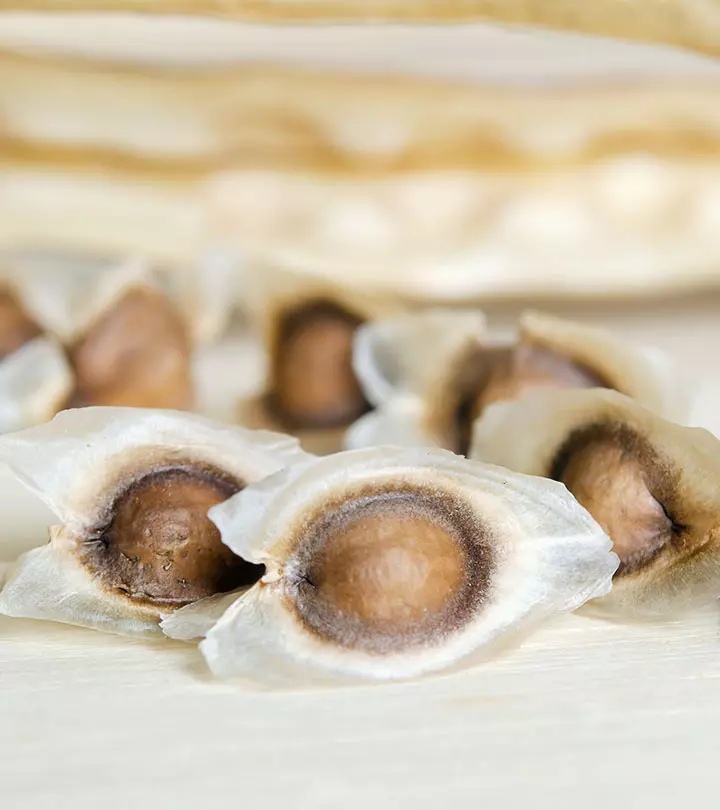
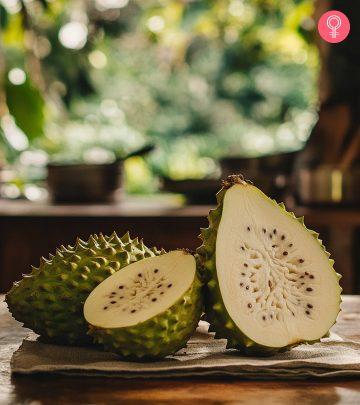
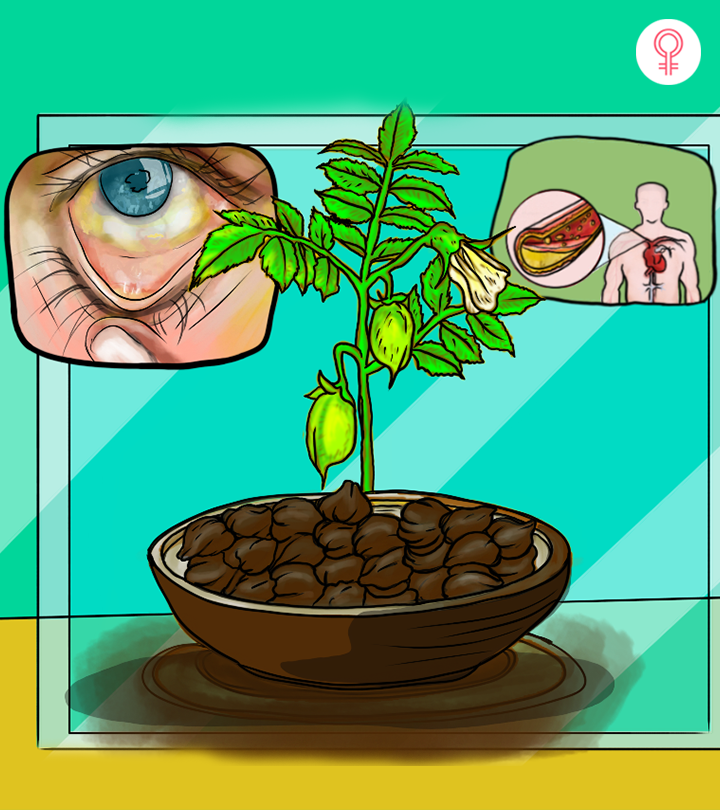
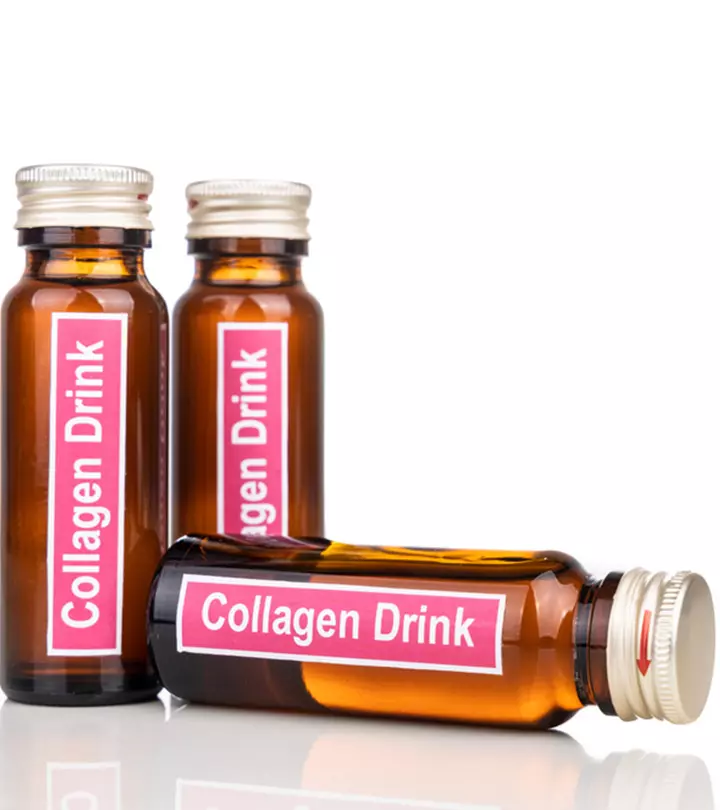
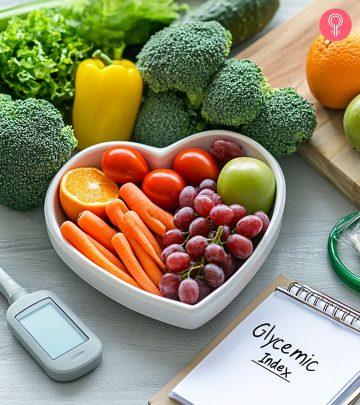
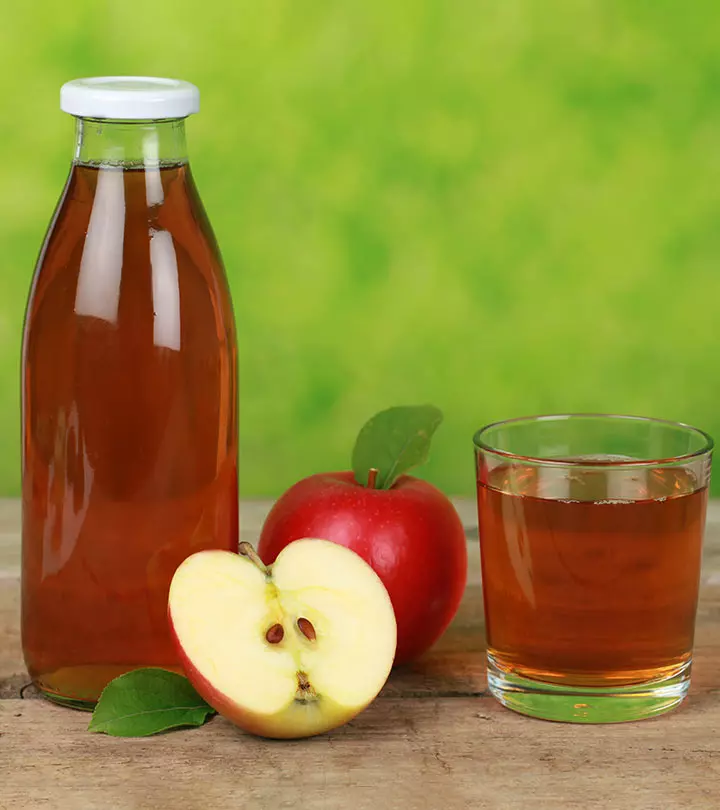
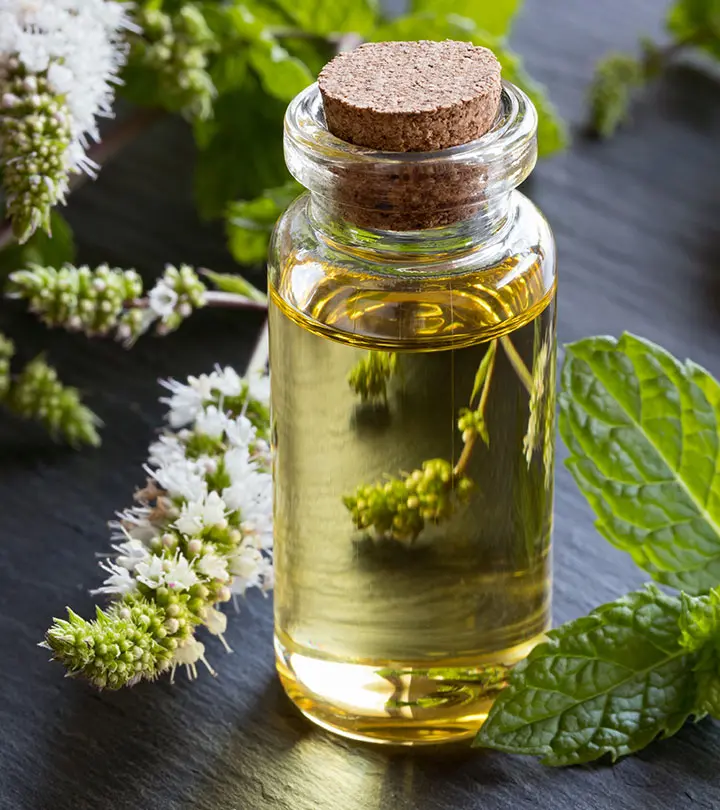
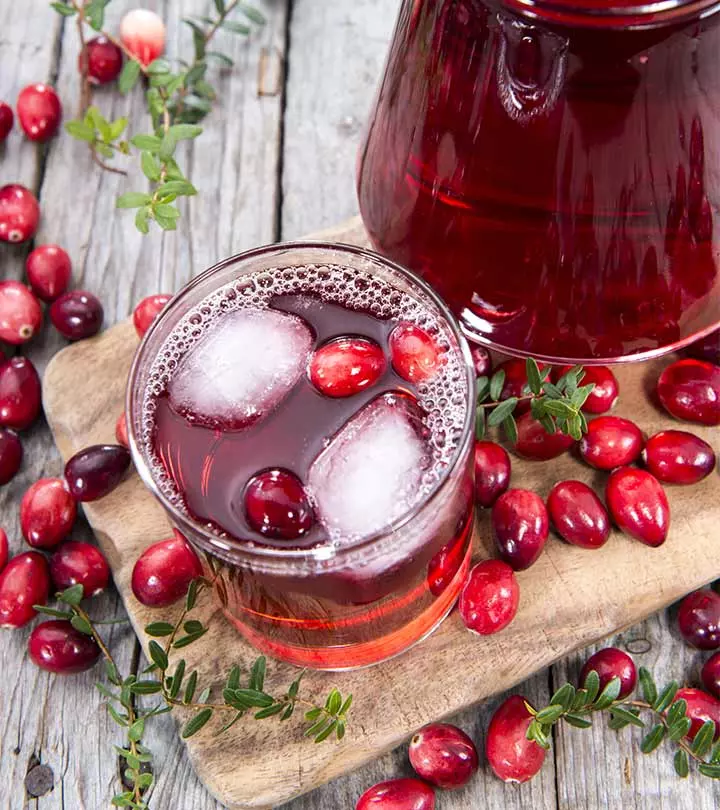
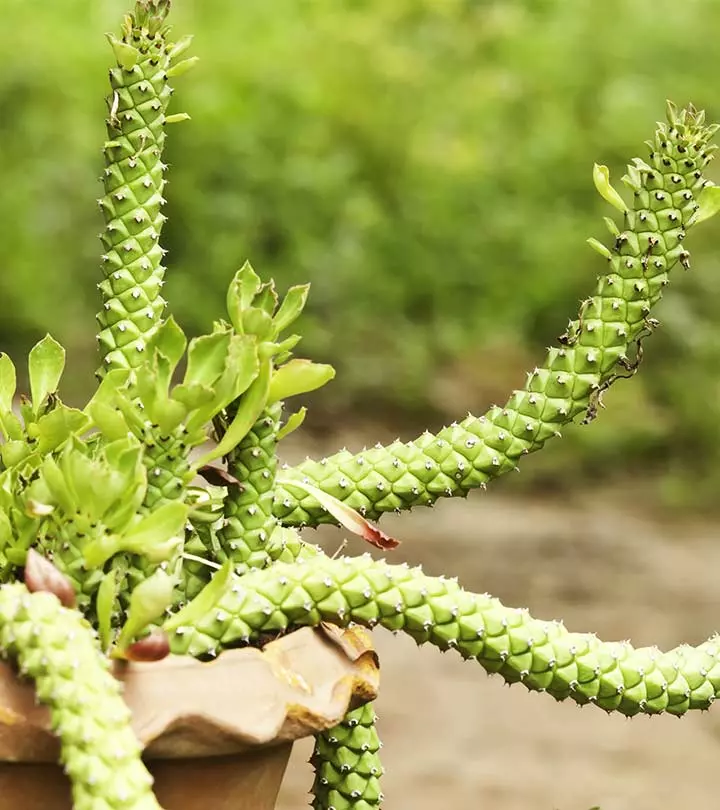
Community Experiences
Join the conversation and become a part of our empowering community! Share your stories, experiences, and insights to connect with other beauty, lifestyle, and health enthusiasts.